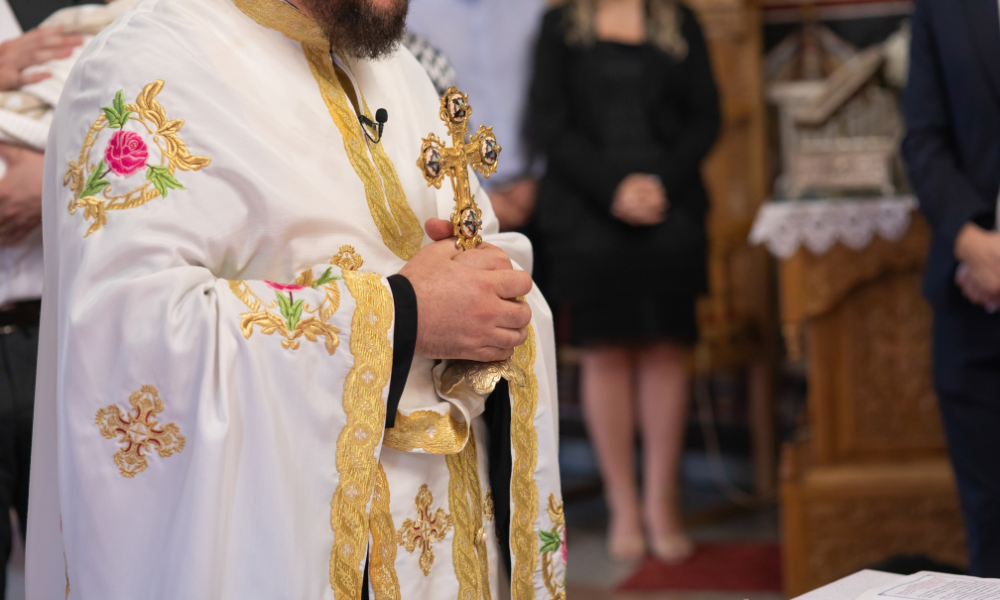
The doctor opposed the church's decision to replace a shared communion spoon with individual spoons

The Ontario Superior Court of Justice upheld a caution issued to a family physician for public comments on her church's COVID-19 communion practices.
The dispute in Polidoulis v. Health Professions Appeal and Review Board, 2024 ONSC 5262 began when the physician objected to her Greek Orthodox Church's shift from using a shared communion spoon to individual spoons, a change implemented following public health directives aimed at reducing the risk of COVID-19 transmission. The doctor made her objections known through public statements and open letters, identifying herself as a medical professional in those communications.
In 2020, a member of the public filed a complaint with the College of Physicians and Surgeons of Ontario (CPSO) arguing that the physician’s statements, made in her capacity as a doctor, could mislead the public about the risks of COVID-19. The CPSO’s Inquiries, Complaints, and Reports Committee (ICRC) reviewed the complaint and decided not to refer the matter to discipline. Instead, it issued a remedial caution, advising the doctor to be mindful of her tone and clarity when conveying public health information and the impact of her position as a trusted medical professional.
The physician sought a review of the ICRC’s decision by the Health Professions Appeal and Review Board (HPARB), arguing that the caution infringed on her right to express her religious beliefs. The HPARB upheld the ICRC’s decision, finding it reasonable and consistent with the CPSO’s mandate to protect public trust in the medical profession.
In her judicial review application, the doctor argued that the ICRC and HPARB had failed to properly balance her right to religious expression with the regulatory body’s statutory objectives. The Superior Court disagreed, ruling that the ICRC’s decision appropriately considered the context of the complaint and the physician’s dual role as a religious congregant and medical professional. The court emphasized that the ICRC had issued a remedial caution rather than a punitive sanction and had not restricted the doctor’s ability to express her religious views in public.
The court concluded that the ICRC’s reasons, while less formal than those of the HPARB, were adequate given the caution's educational and non-disciplinary nature. The court dismissed the application and ordered the physician to pay $3,000 in costs to the CPSO.